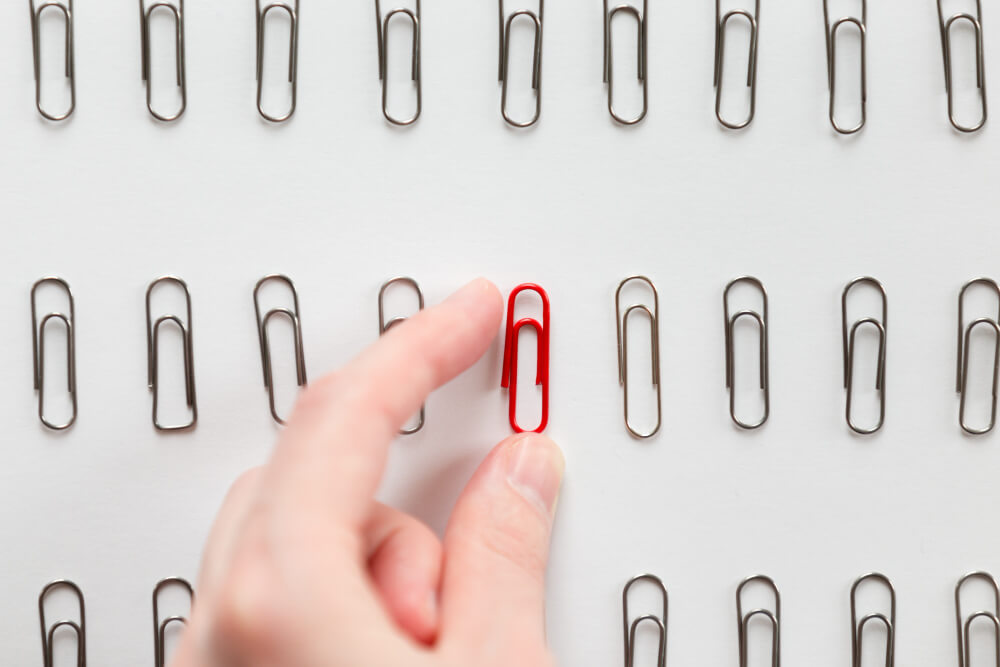
The success of your project and your bottom line depend on choosing the right vendors for your medical device project. From lead times to safety risks, your suppliers can impact the overall operations of your business. This makes it critical to choose the right fit vendor for your medical device project.
Start by making a list of vendors for your medical device project.
Short-list multiple vendors for the same component, product, system, or service if possible. Once short-listed, use the steps mentioned below to select the best fit for your project or company.
To choose the right fit suppliers or vendors for your medical device project, you need to:
1. Look at their accreditations.
For your medical device project to be compliant with the necessary accreditation bodies, the parts, services, and systems involved in making your medical device project need to be compliant too. For that, it’s necessary for your vendors to have an accreditation certificate that works with yours. Ask potential vendors what standards they are certified to.
A medical device company also needs to follow the regulations laid out for supplier management by their respective accreditation body or the accreditation body of the region they are planning on marketing their product to.
- In the US, in order to be compliant with the Quality Management Systems (QMS), a medical device project manager must follow the US FDA’s Quality Systems Regulations for supplier management.
- In Europe, a medical device company should follow the set out in ISO 13485, the international standard for medical device quality management systems.
2. Know their history of making components close to what you need.
Accreditations are useless unless the company in question has the ability to and/or a history of making the parts or systems you actually need for your medical device project. Some components are readily available in the market, while others have to be developed through research and innovation.
- If not readily available, does the vendor you select have the ability to develop the parts you need?
- Can they meet your product specifications?
3. Have current industry feedback on their ability to deliver
Before you land on a supplier for your medical device project, ensure you ask around the industry about their ability to deliver.
- Have they worked with other companies in the industry, or are they new?
- Do they have a demonstrated history of producing and delivering high-quality goods on time?
- How much volume of products can they produce for your company? Is it enough to meet your needs?
4. Know your vendor’s Project Management structure.
Since project management plays such a significant role in the success or failure of any project, it makes sense to look at your supplier’s project management structure. Before finalizing a vendor for your medical device project, understand the answers to the following questions:
- Do they have a documented quality system in place?
- How do they plan, execute, and control their projects?
- Do they have a feedback structure in place?
- How’s their client management?
- What is their organizational structure?
- Will their company culture match yours?
As a group of expert medical device project management consultants, the Waddell Group team is well-versed in medical device project management offering expertise in: 1) starting your project 2) Project management structuring and restructuring 3) getting your project back on track when it’s in crisis.
5. Understand your level of influence in product development in the vendor company
If the product you need from the vendor company has to be developed through research and innovation or by following set parameters provided by you, it helps to have influence in the vendor company. The same holds true if you’re working together to develop a new product.
Influence in product development in the vendor company may lead to:
- Reduced cost of product
- Better quality
- Improved lead times
- Improved access to technology
6. Have knowledge of the vendor’s delivery schedules and control over their supply chain.

When dealing with complex medical device projects, location matters. So does the delivery schedule and the control your supplier has over their supply chain. Even the smallest delay can set your project off by months, if not days. Leading to time and capital costs.
- Can your vendor guarantee that your raw material/system will reach you on time?
- Do they have fail-safes in place in case of delay?
- How do they factor in production delay?
- What are their delivery schedules? How many pieces of product can they deliver to you per month? Is that enough to meet your project needs?
- How far are they located? Is there ease of access?
- Do they have robust supply chain management in place?
- Do they have (or can create) the right environmental conditions to store and transport your products?
7. Know the cost structure of each vendor for your medical device project
Suppliers often don’t disclose their product’s cost structure for fear of pressure to reduce product prices. Creating a relationship of mutual trust and transparency with your vendor can help you understand their cost structure. This will enable you to know:
- If it’s possible to negotiate for reduced prices without impacting innovation and productivity
- Understand the scalability of the vendor with regard to your product. Can their production grow with your demand? Will they be able to maintain their quality?
8. Know their legal requirements
Knowing a vendor’s legal requirements – i.e., reading the fine print and fundamental elements of a vendor contract – can protect you from unnecessary disputes and issues later on. Knowing vendor expectations (and the consequences of ignoring those expectations) can help you with risk management.
Here’s what you need to look out for in vendor contracts:
- Scope of work and deliverables
- Delivery schedule and payment terms
- Termination of agreement by either party
- Consequences of not following the legal requirements set out in the contract
9. Compare and contrast to their competitors
Do this for all the vendors short-listed for your project. How do they compare with their competitors? Where do they stand when it comes to:
- Price
- Quality
- Compliance
- Delivery
- Scalability
- Project Management Structure
- More
10. Choose
Once you have determined the answers to all the other parameters, choosing the right vendors for your medical device project will not be difficult. Just remember to evaluate these vendors periodically per the compliance rules of your regulatory body and add and remove suppliers if necessary based on how they perform.
Waddell Group works globally with medical device companies of all sizes, helping them with their project management needs.
This includes vendor management and project management structuring. Our average medical device project manager has at least 10 years of experience in medical device categories that include cardiology, neurology, audiology, urology as well as drug/device combination products. Waddell Group’s resources can be engaged on a full-time or fractional basis, with contracts measured from weeks to years. Get in touch to know more.
